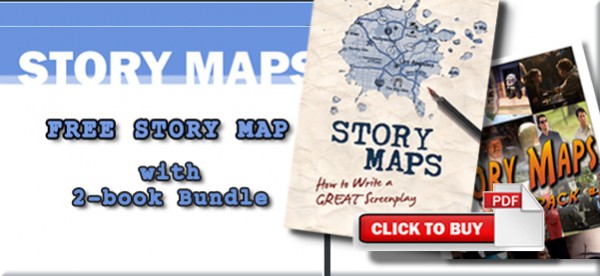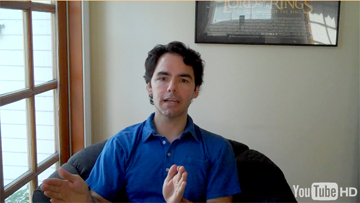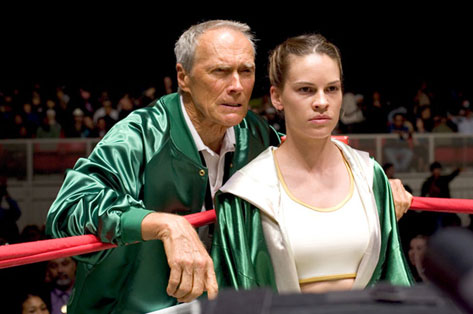
Million Dollar Baby
(2004; Screenplay by Paul Haggis, based on stories by F.X. Toole; Directed by Clint Eastwood)
Million Dollar Baby is an incredibly focused story. Screenwriter Paul Haggis achieves what I call “story cohesion” by making sure that every element logically flows from strong main dramatic elements while generating dramatic conflict.
The first level of focus is on a crucial element in the “Basic” portion of my outline method which is called Story Maps Screewriting: Theme.
The theme of Million Dollar Baby is “second chances.”
Every character is pursuing a second chance and the character construction, goals and plot beats reflect this. This pursuit is most often shown with active devices, i.e. visual devices as opposed to just being “told” in dialogue. A simple example of this would be the letters from Frankie’s estranged daughter, returned to him unopened, which set up his failure as a father in the past that he hopes to make up for when he gets his second chance to father Maggie. But Haggis knows the letters, although an elegant device, are a bit too simplistic on their own so he builds in active scenes to illustrate Frankie’s inner struggle (e.g., Frankie at church, Big Willie leaving him for another trainer, Scrap admonishing him for being too controlling when he was a fighter).
Let’s look first at the two main characters…
FRANKIE DUNN (Clint Eastwood): Second chance as a trainer and father.
- Past: His daughter rejects his attempts to reconcile (the returned letters, unopened)
- Present, negative: Big Willie, his number one fighter, leaves him for another trainer.
- Present, positive: Maggie gives him a second chance as a trainer and father.
MAGGIE FITZGERALD (Hilary Swank): Second chance as a boxer and a daughter.
- Past: Her father died when she was young.
- Present, negative: Her mother rejects her gift of a house.
- Present, positive: Frankie takes her under his wing and pledges to never leave her.
…and at two of the supporting characters…
SCRAP (Morgan Freeman): Second chance at being a boxer, or, retiring from boxing on a win.
- Past: He was retired early with an eye injury. Wonders if he could have made it. (setup)
- Present: He defeats Shawrelle (Anthony Mackie) in the ring to defend Danger. (payoff)
DANGER (Jay Baruchel): fulfillment as a real boxer.
- Present: Danger is a supporting character meant to show contrast and color at the gym.
Danger is the boxer who only has the heart, but not the talent, whereas Shawrelle has the talent but no heart, and Maggie has BOTH.
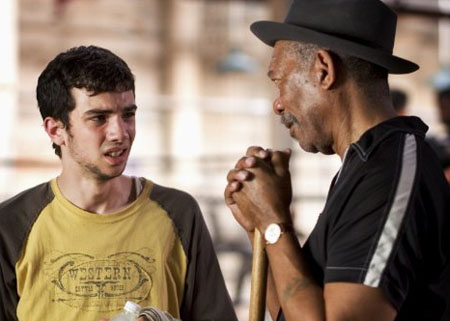
So we see how the other boxers are written so as to highlight what makes Maggie special (again, using active, shown devices for character development and plot progression).
SPOILERS AHEAD — But if you’re serious about screenwriting you’re here to analyze movies not just watch them (nice guilt trip, huh?).
The story pushes Frankie and Maggie to a FINAL DECISION. The catalyst for this final decision is the big beat — the crippling of Maggie — which is initially shocking to any first-time audience member. But it is the perfect method to show how she has truly been fulfilled by her experience with Frankie — she got her second chance at a better life and she was satisfied by it — which forces Frankie to decide between his own selfish needs and the best wishes of his adopted daughter.
Frankie tells Maggie that he has plans for her when she gets out of the hospital. Maggie tells Frankie that she saw the world, she heard people chanting her name, she fought for the title. That’s enough. She is ready to die.
Maggie is a young woman who was left by the only man who ever loved her: her daddy. Frankie is an older man whose daughter left him. They give each other a second chance, the possibility of redemption. In the end, Frankie makes his final decision, the ultimate conflict: to decide to facilitate the death of his most beloved. In essence, to give up his chance at salvation for Maggie. For a man who’s been paying for his past sins for decades, it is this final, most painful act that redeems him as he succeeds at being the best father and trainer he can be.
-Daniel Calvisi
https://actfourscreenplays.com/
copyright (c) Daniel Calvisi
Where are you at in the screenwriting process?
No matter if you’re just starting out or have written several scripts, I can help you to achieve your goals.
Good luck and happy writing!
-Dan
https://actfourscreenplays.com/
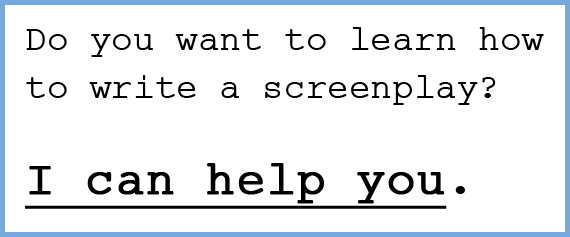

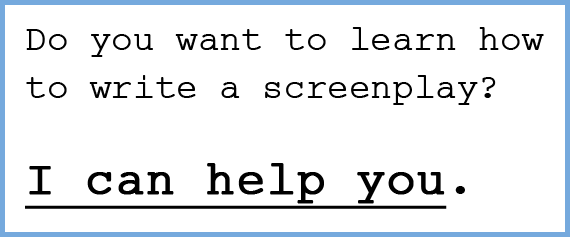
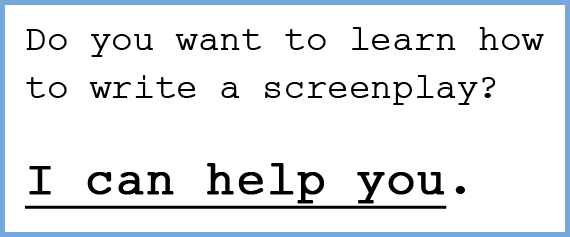
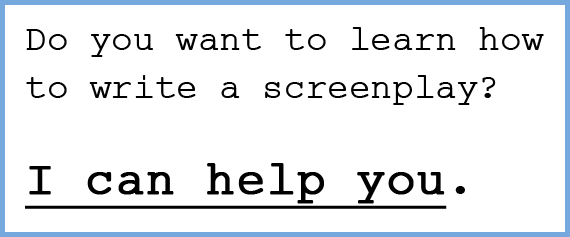
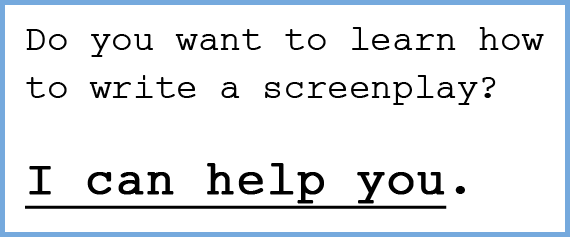
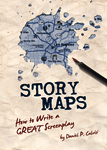
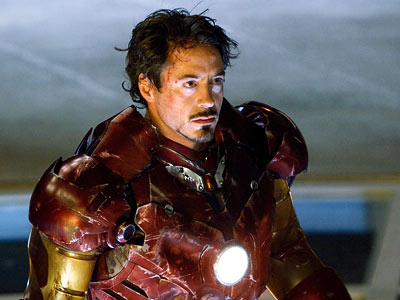


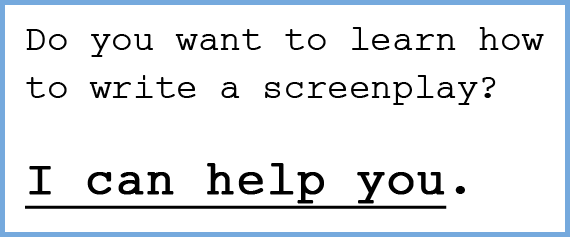


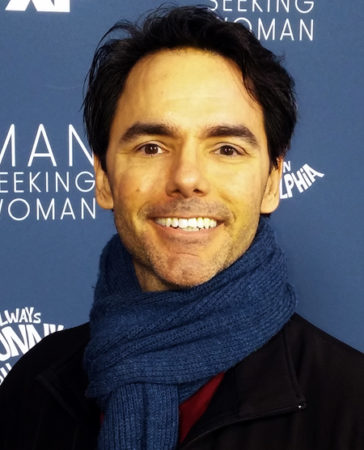 I’d love to help you get on your way, build your story with the strongest foundation possible and ultimately achieve your craft and career goals. If you’d like to work with me, please take a look at
I’d love to help you get on your way, build your story with the strongest foundation possible and ultimately achieve your craft and career goals. If you’d like to work with me, please take a look at 